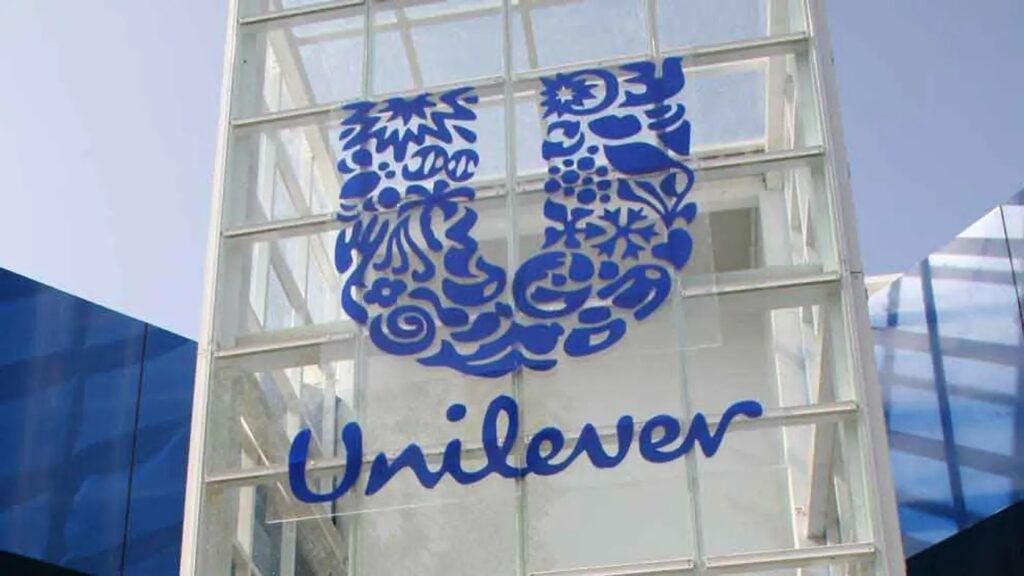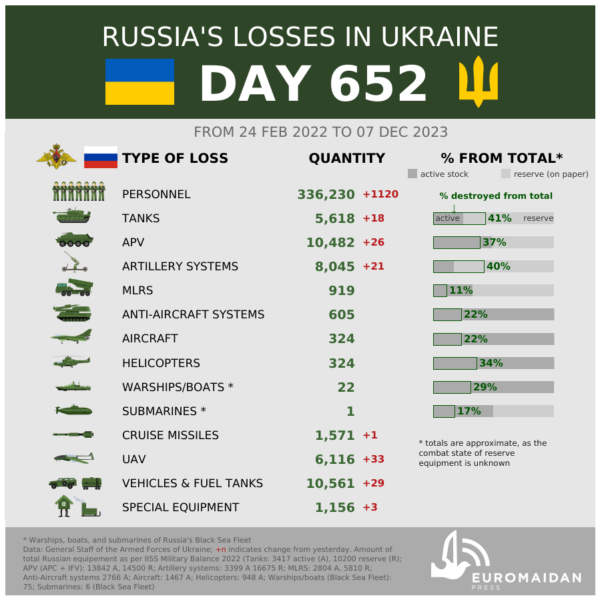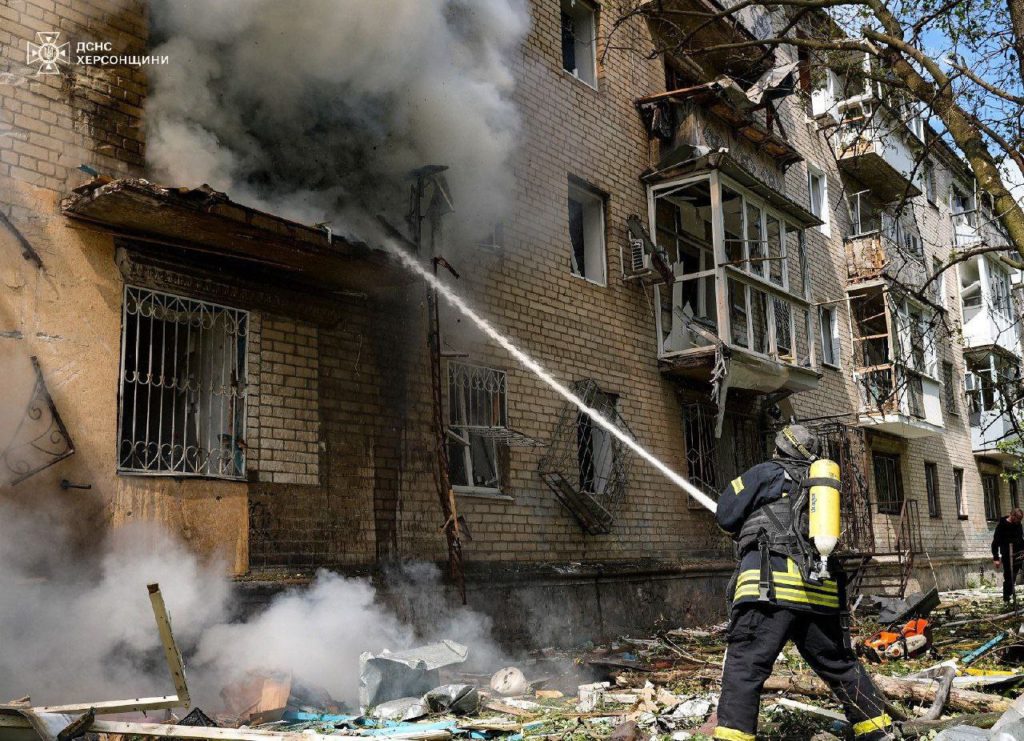Unilever exits Russian market after 2.5 years of Russia’s all-out war in Ukraine
The company announced the completion of its "very complex" Russian subsidiary sale.


Unilever, the global consumer goods giant, has announced the completion of its Russian subsidiary sale to Arnest Group, a local manufacturer of perfume, cosmetics, and household products.
Hein Schumacher, CEO of Unilever, stated on 10 October in the company’s press release,
“Unilever has today completed the sale of its Russian subsidiary to Arnest Group. The sale includes all of Unilever’s business in Russia and its four factories in the country. Our business in Belarus is also included in the sale.”
The deal encompasses well-known brands such as Lipton, Knorr, Dove, Axe, and Rexona. Schumacher described the preparation for the sale as “very complex,” involving the separation of IT platforms and supply chains, as well as the migration of brands to Cyrillic.
The terms of the deal with Arnest Group have not been disclosed, according to Unilever’s press release.
Long exit
Shortly after Russia’s full-scale invasion of Ukraine, Unilever had promised to suspend all imports and exports of its products to and from Russia, as well as cease all media and advertising expenditures. However, the company continued to operate in Russia, paying taxes and indirectly supporting the war against Ukraine.
As a result, in July 2023, Ukraine’s National Agency on Corruption Prevention (NAZK) added Unilever to its symbolic list of international sponsors of the war. It wasn’t until early September 2024 that Unilever announced its intention to sell its business in Russia.
Related:
- Austria clears EU’s Russia sanctions after Ukraine removes Raiffeisen from blacklist
- Reuters: China demands Ukraine remove 14 firms from “int’l sponsors of war” list
- Mondelez hides earnings as Russian Milka sales soar 600%
- Italian tech giant Camozzi sticks with Russia, supply chain hints at military collaborations
- The Pissed Consumer’s guide to companies departing Russia
- Top Ukrainian job portal cuts ties with 200 more companies linked to Russian market



